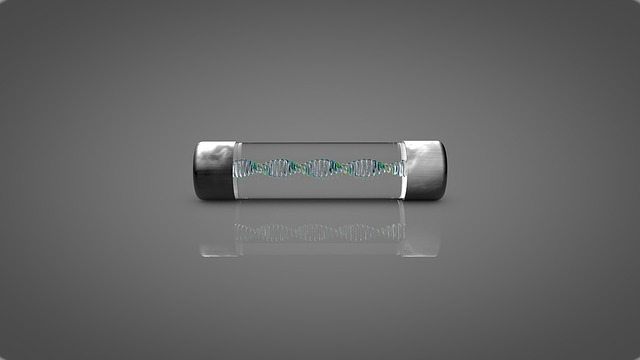
If you’re thinking about installing solar panels, you might be wondering whether they require a fuse. Solar panels, of course, are electric devices. Also known as solar modules, they generate electricity from sunlight. Sunlight will release the electrons within the solar panels’ photovoltaic (PV) materials, resulting in the production of direct current (DC) electricity. You may need to use a fuse, however, when installing solar panels.
What Are Fuses?
Fuses are electrical safety devices that are designed to protect circuits from overcurrent. They serve the same basic purpose as circuit breaks: to prevent excess current from traveling through the circuit. Excess current or “overcurrent” is a safety hazard. It may damage the devices on the circuit, or it may even start a fire. Circuit breakers and fuses are safety devices that protect circuits from overcurrent.
The difference between circuit breakers and fuses is that the former are designed for multiple uses, whereas the latter are designed for single use. Circuit breakers are switches. When exposed to excess current, they’ll turn off by disrupting or breaking the circuit. Fuses are single use. When exposed to excess current, they will completely blow. Since you can’t reuse them, you’ll have to replace blown fuses such as this.
How Fuses Work in Solar Panel Installations
Solar panels form circuits, and like other circuits, they can sustain damage when exposed to excess current. The solar panels, as well as the wiring, can only withstand so much electricity. In the event of overcurrent, they will exceed this limit, which can result in damage or even a fire.
Fuses protect solar power equipment from overcurrent. You can find them in different places. In some solar panel installations, a fuse is placed between the batteries and the charge controller. In other solar panel installations, a face is placed between the battery bank and the inverter.
It’s important to note that fuses are common with solar panel installations, but not all solar panel installations have them. Whether a solar panel installation uses series or parallel wiring will often determine whether it’s equipped with a fuse. Solar panels wired in series typically don’t have a fuse, whereas those wires in parallel do have a fuse.
When wired in parallel, the current of the solar panels is more likely to exceed the amps. This increases the risk of overcurrent, which is why parallel-wired solar panel installations typically have a fuse.

